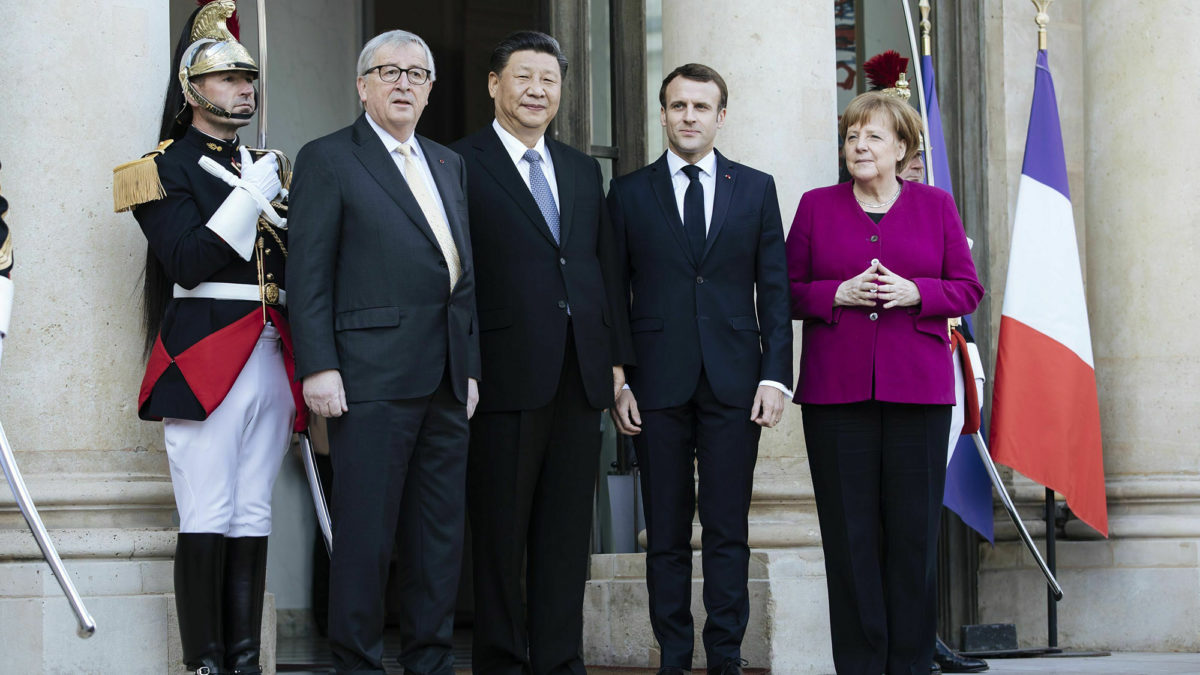Before coronavirus brought the world to its knees, 2020 was slated to be a crucial year for the European Union and China.
At a showpiece summit in September, the two are set to take a significant step forward in their economic and strategic relationship. As things stand, German Chancellor Angela Merkel is due to gather EU leaders and China’s President Xi Jinping in the eastern German city of Leipzig on September 14.
But China’s response to Covid-19 has left a bitter taste in the mouths of European officials. From draconian clampdowns on its own citizens to accusations of spreading misinformation in Europe, this crisis has been a reminder that closer engagement with China comes with risks.
Indeed, pulling China closer to European values on human rights, climate change and multilateralism is the sort of thing leaders’ legacies are made of. And while the Leipzig summit is far from a make-or-break moment in Europe’s relationship with China, this level of fanfare has a lot to live up to.
However, there is a real sense in Brussels that the pandemic has led to a reset in European thinking on China.
I think the coronavirus has been a necessary reminder to a lot of EU states that, however attractive Chinese money looks, it is also a systemic rival,” says Steven Blockmans, head of EU foreign policy at the Centre for European Policy Studies.
Blockmans is referring to a communique released by the EU Commission in March 2019, in which it described China as “a systemic rival promoting alternative models of governance”.
In the context of coronavirus, that Chinese model of government is concerning EU officials.
“It’s all about seeing which [political] system is better at handling the virus. Is it a system that allows personal liberties? Or is it single-party autocracy where you can impose measures without worrying too much,” said one EU official working across external affairs.
This lack of trust seems to be taking hold across Brussels. Over the weekend, the EU’s Commissioner for Foreign Affairs, Josep Borrell, said in an interview with France’s Le Journal du Dimanche that Europe had been “naïve” in its dealings with China. He went on to acknowledge that China has a “different understanding of the international order.”
So, where does this all leave what was supposed to be the year where China and Europe finally got on the same page? At the time of writing, very few believe that the Leipzig summit will be as Merkel and co. first imagined.
On one hand, the EU’s calculation on China hasn’t changed: It’s still desirable not to get squashed between the two great superpowers, China and America. On the other, recent history shows China to be an unreliable partner who divides opinion among EU member states.
Sooner or later, Europe will have to weigh these two realities up and decide exactly how much that diplomatic independence from America is really worth.


